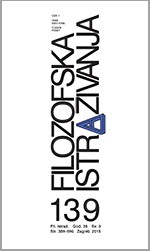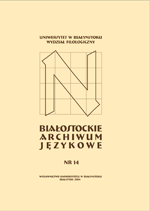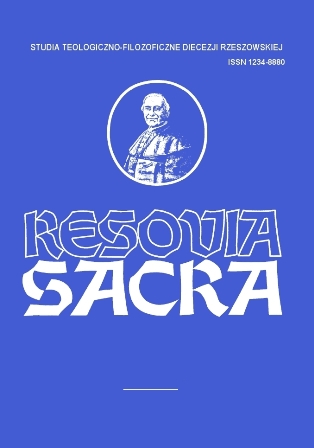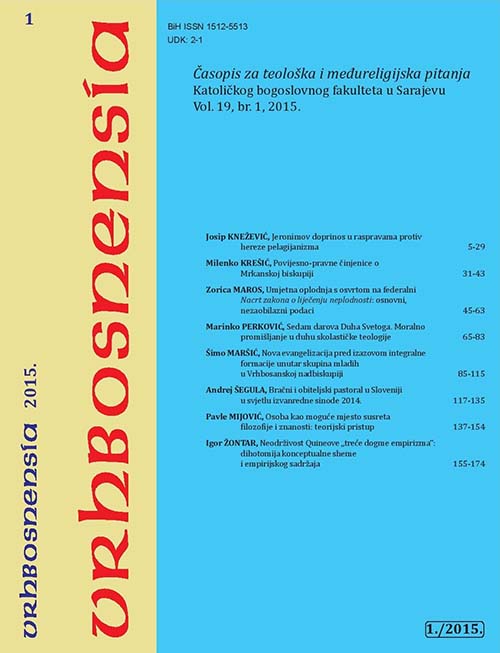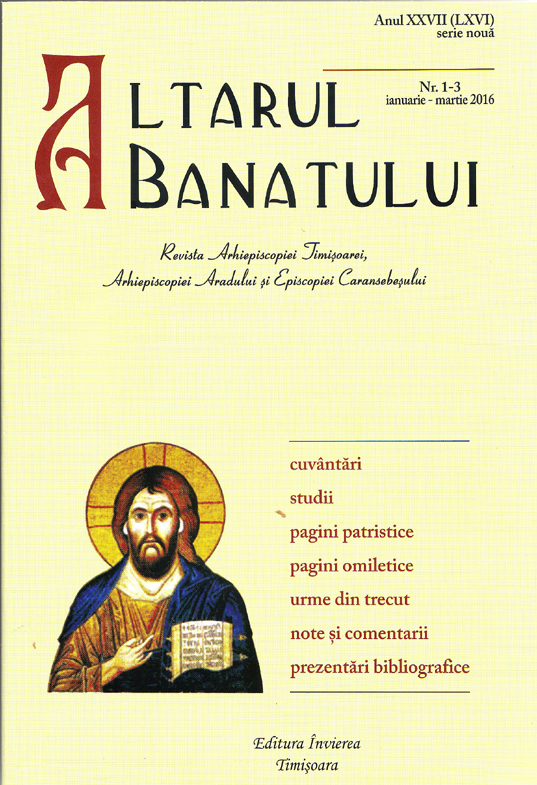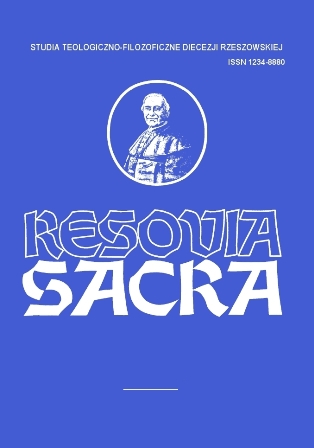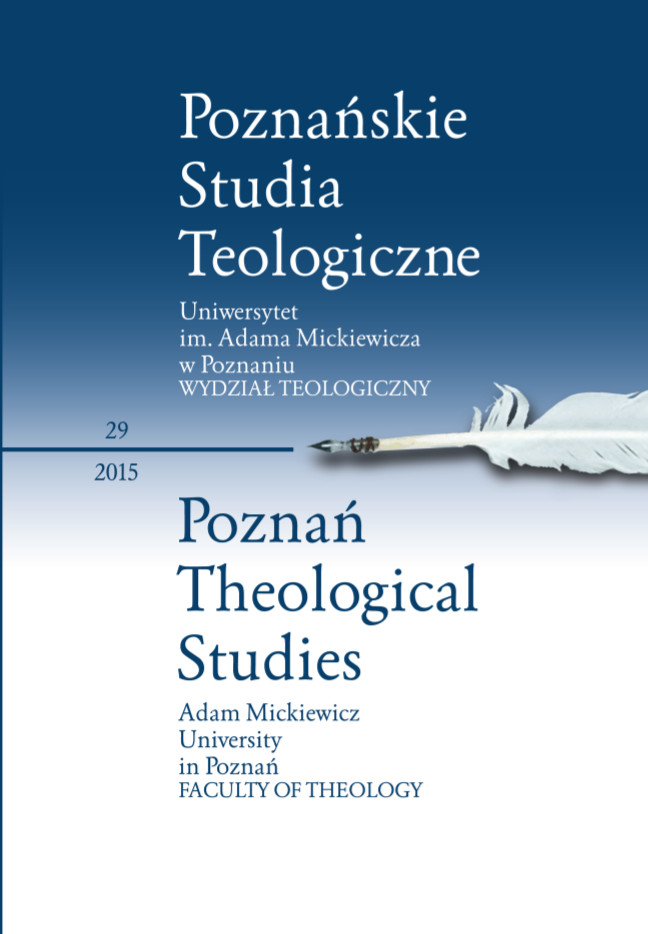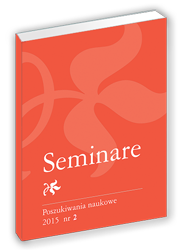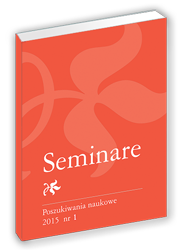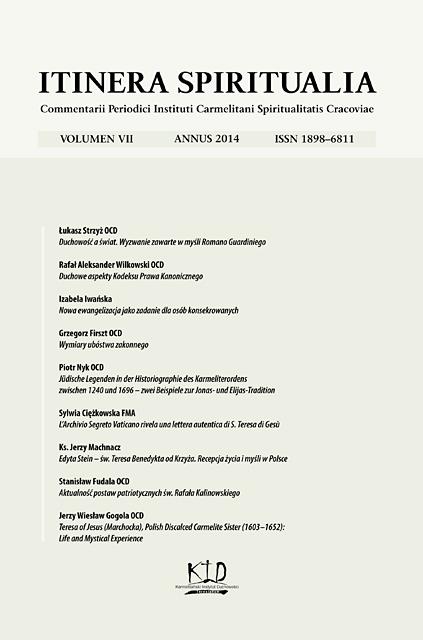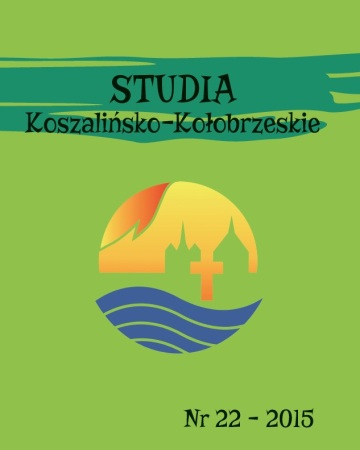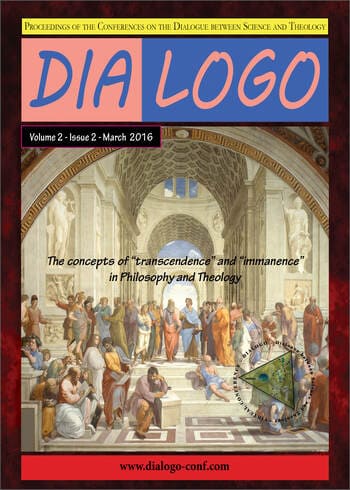
Perspectives on the Logos’ immanence in Creation
The article deals with the theme of the Logos` immanence in the creation. The first part includes a scientific perspective while the second, a theological one. The first evidence that the universe has a beginning dates back to the 20s of last century. Most scientists believed until then that the universe was stationary and had always existed; there are references to the big bang, string theory, M theory. The second part encompasses a perspective on the theme of the rational nature of the world which constitutes a firm foundation for dialogue between Theology and science. The logoi have a particularizing or a unifing function, and the complete unity of the logoi is realized through and by the Logos, the Word of God. The essential difference between paradigms and logoi is that the latter belong to the temporal level and to the empirical world, while the former preexist synthetically into God.The uncreated divine energies are the logoi in the action of creating and supporting of the beings.
More...
